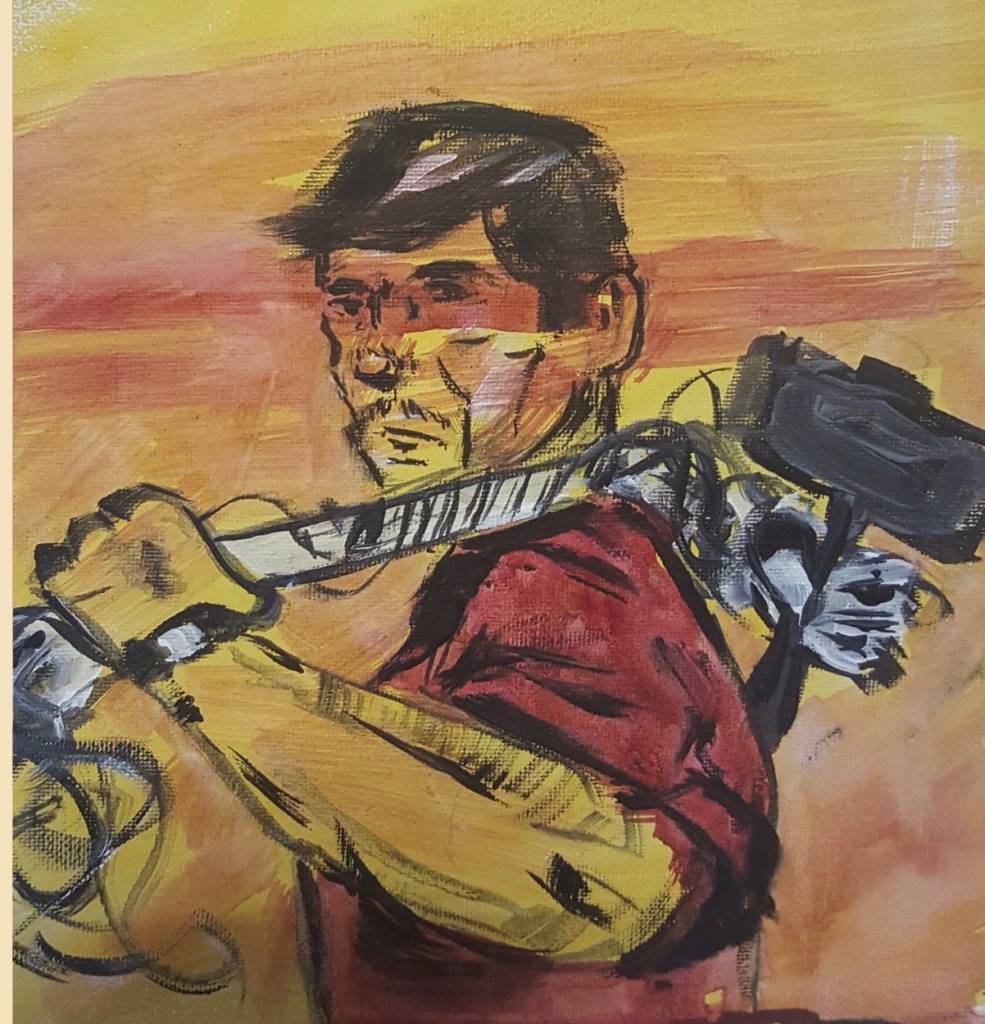Dystopian fiction has been rising in both popularity and eerie accuracy over the past year or so, and I have to admit I am a sucker for any book that explores political and/or social corruption. The Retroactivist is a brilliant example of speculative fiction wondering to what extent human abilities are necessary for the future we’re currently heading towards, with a very big nod towards robotics and technological innovations in particular.
The book is set in 2087, when illness and disease has pretty much been eradicated, cooking has been replaced with 3-D food printers called ‘replicators’, and robots are seen around every corner saving humans the hassle of working. There are also Siri-esque instalments in apartments that essentially act as personal assistants. To be honest, at this point it began to sound more like a utopian society than an example of its more sinister opposite.
Reid Rosales is the protagonist, and in classic dystopian fashion, he’s fallible – most noticeably by the fact that he is deeply unhappy with his easy-going life, because it is so easy-going. His girlfriend Xiu does all she can to satisfy him, and ropes in their friends to take him on spontaneous getaways to exotic lands. But it becomes clear that the thing that has been bugging Reid is that his life is so simple. He wants to be challenged, to have purpose, to be able to achieve something outside his vaguely popular comic, Origami Emu.
His growing despair and existentialism leads him to stumble across a little place called the 20c Club. Here, members revel in memories and memorabilia from the twentieth century, and marvel over the prospect of a job, wishing for the kind of purpose that the new U. S. of A. (United Sociocracy of the Americas) can’t give them. Reid feels at home for the first time in years, spending more and more time there each day, until eventually he takes Iris, his Siri-like digital assistant, and moves in.
Being surrounded by reminders of what his country used to be gives him more motivation to change things for good than ever before, and his fierce devotion to Club 20c gets him the Presidency. From this sparks the idea of a revolution; he asks the other members to unite with him in his attempt to overthrow the robots and claim back the system of earning your success, which he will name the Free Trade Republic.
A couple of destroyed security robots and the night locked in a cupboard later, Reid wakes up to find that his revolution was surprisingly easy and hitch-free. His new, freedom-loving girlfriend Annabelle assures him that they did it – they managed to cut off the power supply to all working robots in the area, meaning that he was free to go back into the town and begin teaching people of the old ways of capitalism, and to encourage them to earn their own money by working.
Reid takes on the role, after a couple more run-ins with security robots, of Chief Executive of the blossoming society he’s created, finally happy that he’s restored some aspect of humanity to humans and now serves a true purpose to said society. However, if he could see a little further beyond the horizon, he’d realise that his world was not as natural and idealistic as it seemed.
I won’t ruin the ending for you, because some major spoilers could be dropped, but it’s bloody good… kind of reminds me of a Jim Carrey film I once saw. I like Ragolia’s nods to other major works of dystopia, such as Brave New World and Nineteen Eighty-Four, and the many curves of the plot. It’s easy, with a book that reveals its biggest secret in the last couple of pages, for the bulk of it to get borderline irritating as you wait to discover The Big Thing. But The Retroactivist only drops hints that something is up – it’s not the protagonist’s job to figure it out. As a reader, you have to pay attention and piece together the trail of breadcrumbs that have been cleverly placed by Ragolia.
Overall, it’s a damn good book, and I’d recommend it to anyone who’s getting tired of contemporary teen dystopias – this really breaks the boundaries of modern novels in this genre, and was a lot of fun to read.
Some of the coverage you find on Cultured Vultures contains affiliate links, which provide us with small commissions based on purchases made from visiting our site.

